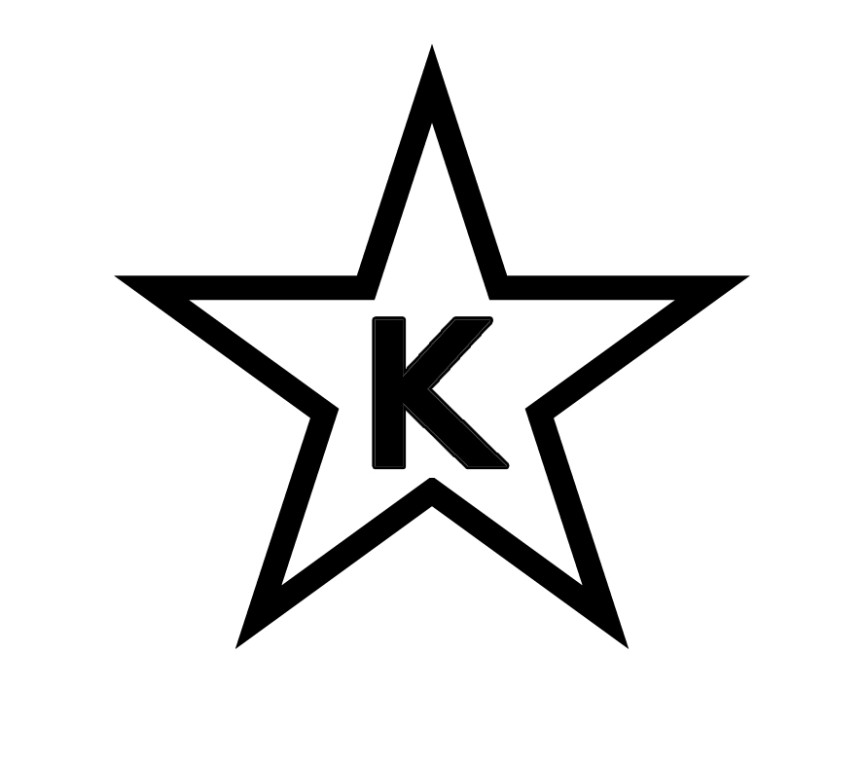NeoStar Quality Assurance
Our Certificates: BRC, IFS, Kosher (Star K and Star U), and HACCP

BRC Certified
BRC Global Standards is a leading brand and consumer protection organisation, used by over 25,000 certificated suppliers over 130 countries, with certification issued through a global network of accredited certification bodies. BRC Global Standards’ guarantee the standardisation of quality, safety and operational criteria and ensure that manufacturers fulfil their legal obligations and provide protection for the end consumer. BRC Global Standards are now often a fundamental requirement of leading retailers, manufacturers and food service organisations.
IFS Certified
NSF Food Safety Certification, LLC is accredited to certify to the International Featured Standard (IFS), a GFSI benchmarked standard for auditing food safety and quality of processes and products of food manufacturers. It is most relevant for companies that manufacture, process or handle food or food ingredients.
HACCP Certified
Hazard Analysis and Critical Control Point (HACCP) is an internationally recognized system for reducing the risk of safety hazards in food.
A HACCP System requires that potential hazards are identified and controlled at specific points in the process. This includes biological, chemical or physical hazards. Any company involved in the manufacturing, processing or handling of food products can use HACCP to minimize or eliminate food safety hazards in their product.

Kosher Star Certified
STAR-K Kosher Certification has provided kosher supervision for over fifty years. The STAR-K, formerly known as the Orthodox Jewish Council of Baltimore/ Vaad Hakashrus, originally served the Jewish community of Baltimore.

Kosher U Certified
There are Four Primary Steps to OU Kosher Certification:
1. Establishing a listing of kosher ingredients that are acceptable for use in your product for which you are seeking kosher certification. This list is known as Schedule A. The OU‘s Ingredient Approval Registry staff carefully review and research all ingredient issues, utilizing the database registry of over 200,000 ingredients that have already been approved. Should it be necessary for a company to change or modify sources of supply for raw materials, locating a new source can usually be done very expeditiously through this extensive database.
2. Establishing the list of brand names and specific products that will be authorized to bear the symbol. This list is known as Schedule B. The Schedule B also indicates whether a product must bear a simple symbol (indicating that it is pareve, i.e., containing no meat or milk ingredients), a “D” (dairy), or a “P” (Kosher for use on Passover as well as all year round).
3. Establishing any special instructions that relate to the use of equipment, which is necessary if a plant engages in both kosher and non-kosher production, or both dairy and pareve production. These instructions may contain kosherization requirements, and/or stipulations for segregation of production lines.
4. Assigning a Rabbinic Field Representative to visit the certified plant at intermittent intervals, to verify that the Schedule A, Schedule B and special instructions are adhered to.
